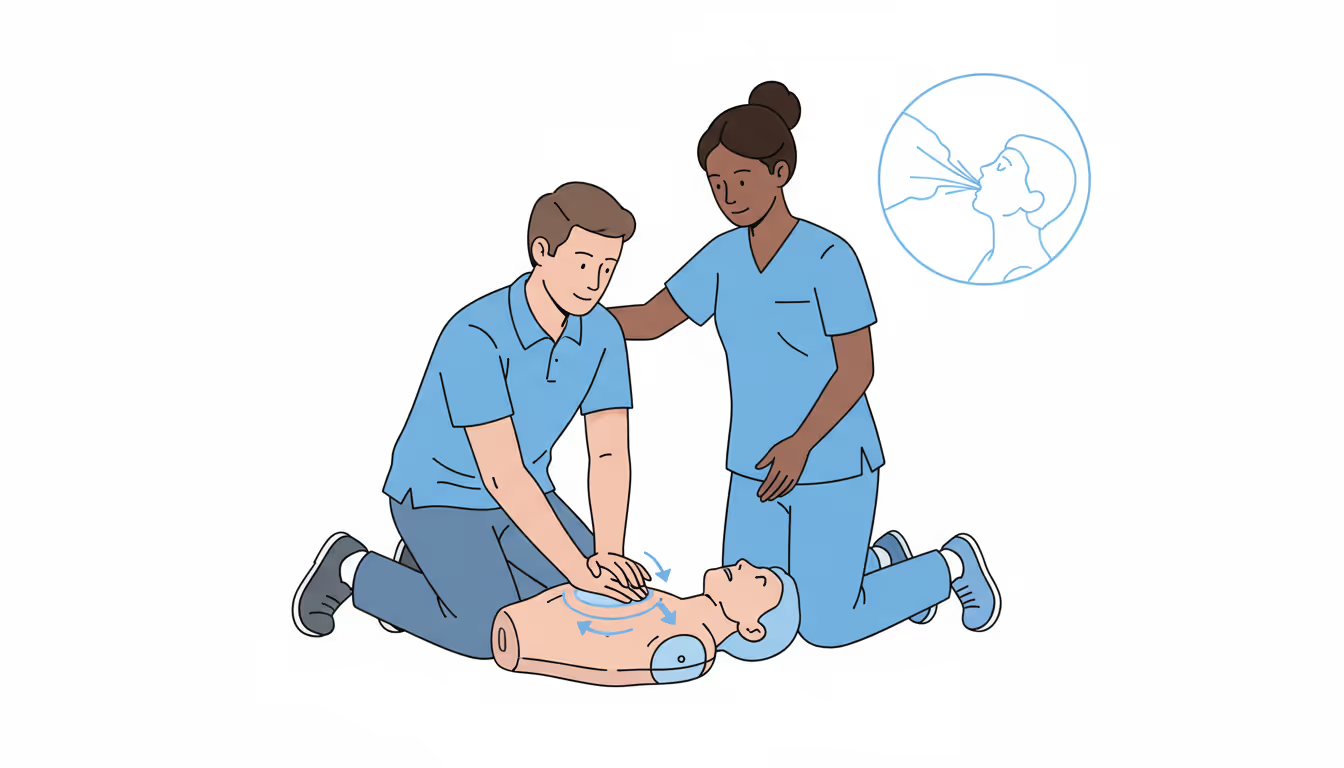
Major depression is a condition marked by specific signs and symptoms that disrupt one's ability to work, sleep, eat, and find joy in previously enjoyable activities. These symptoms often include a diminished interest in once pleasurable pursuits, including sex; changes in appetite leading to either weight loss or gain; a lack of emotional expression; and a consistently sad, anxious, or empty mood. Individuals may also experience feelings of hopelessness, pessimism, guilt, worthlessness, or helplessness, along with social withdrawal. Other common symptoms are unusual fatigue, low energy, a sensation of being slowed down, and sleep disturbances such as insomnia, waking up too early, or oversleeping. People may also struggle with concentration, memory, or decision-making, and might feel unusually restless or irritable. Physical symptoms like headaches, digestive issues, or chronic pain that do not respond to treatment, as well as thoughts of death, suicide, or suicide attempts, are also possible indicators. Substance abuse, involving alcohol or drugs, can be a sign of depression. Episodes of major depression may occur once or multiple times throughout a person's life. For further details, refer to information on Depression.




